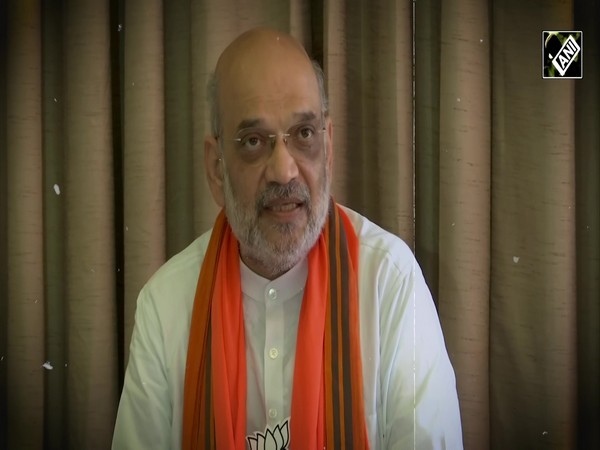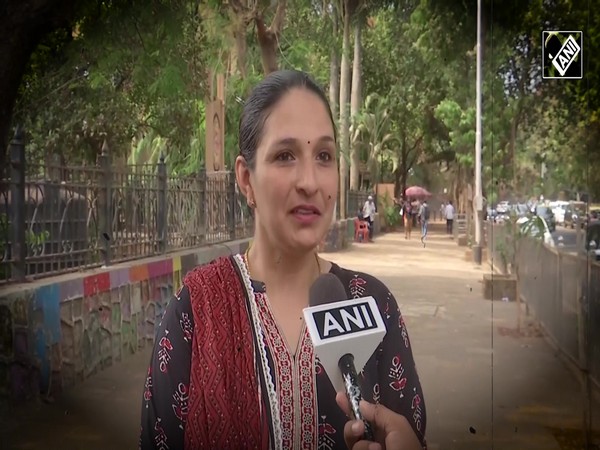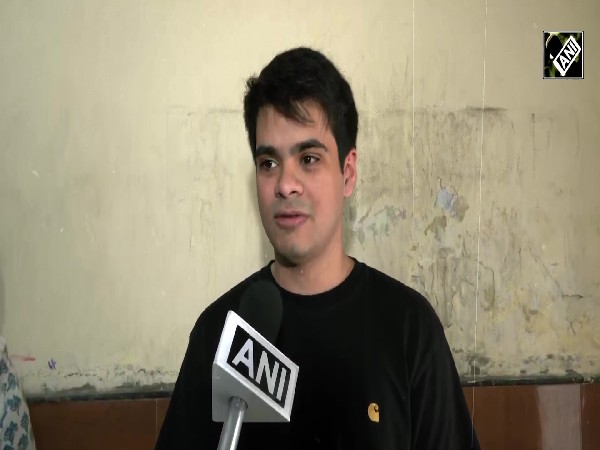NGT directs Centre, states to install 'Bird Diverters' on existing solar and wind powerlines
Dec 23, 2020

New Delhi [India], December 23 : The National Green Tribunal (NGT) on Wednesday directed the Centre through the Ministry of Environment Forests and Climate Change (MoEFCC) and other states to install 'Bird Diverters' on existing solar and wind powerlines as soon as possible and preferably within four months.
A bench of the NGT, headed by its chairperson Justice Adarsh Kumar Goel issued several directions on Wednesday while disposing of a petition on an NGO, Centre for Wildlife and Environmental Litigation through Bhanu Bansal who stated that there is an urgent need to protect and conserve the great Indian bustard as the same is on the verge of extinction.
Tribunal further directs the respondents to provide fresh permission only after ensuring the underground powerlines in new projects. It has also directed the MoEFCC to take appropriate steps to ensure that EIA includes Impact on Biological Diversity for such kinds of Solar Energy Projects.
The respondents in the matter were, MoEFCC, National Board of Wildlife, National Biodiversity Authority, States of Rajasthan, Gujarat, Karnataka, Andhra Pradesh and Maharastra.
Petitioner NGO, represented by Advocate Gaurav Kumar Bansal highlighted the issue of extinction of an endangered species namely Great Indian Bustard GIB). The plea submitted that the said species is listed as critically endangered and is a Schedule 1 (Highest Protection Status under Wildlife Protection Act -1972) Animal.
The plea stated that according to the recent population assessment, the largest population of around 169 GIB occur in Thar landscape of Rajasthan (Desert National Park in Jaisalmer alongside Jodhpur) and around 15 GIB each, occurring in Gujarat (Lala-Naliya Sanctuary and itsneighbourhood in Kachchh), Maharashtra (Bustard Sanctuary and its neighbourhood in Kurnool) and Karnataka (Bellary).
Petition lawyer Advocate Gaurav Kumar Bansal submitted that being a low and heavy flyer, GIB faces a High Risk of fatal collision with power lines. He submitted that in order to protect and conserve GIB, MoEFCC issued a project namely "Habitat Improvement and Conservation Breeding of Great Indian Bustard- an Integrated Approach".
















